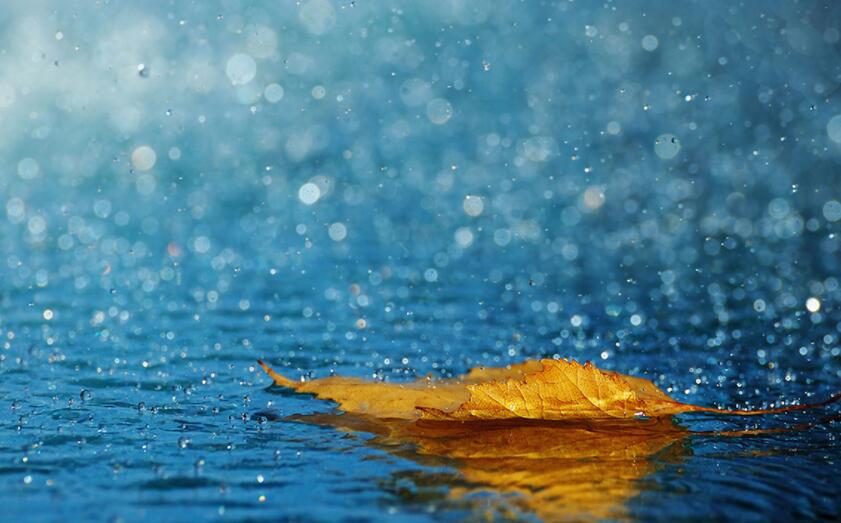Well, even without industrial pollution, atmospheric carbon dioxide dissolved into clouds makes rainwater at least slightly acidic. Oh!
嗯,即使沒有工業(yè)污染,大氣中的二氧化碳被云層吸收后也會(huì)導(dǎo)致雨水呈弱酸性。噢!
But here in Indiana, a rain is almost ten times more acidic than natural rainwater.
但是,印第安納州這里的雨水酸性比天然雨水高出幾乎十倍!
Why? Well, a lot of power plants and other factories that burn coal to make energy.
為什么啊?是這樣,這座中西部州有很多發(fā)電廠和其他工廠,它們都是靠燃煤來(lái)生產(chǎn)能源的。
Burning coal releases sulfur and nitrogen oxides into the atmosphere, which make rain more acidic.
煤燃燒后會(huì)將硫和氧化氮釋放到大氣中,導(dǎo)致雨水呈較強(qiáng)酸性。

That does sound good! What would happen if you drink our rainwater?
聽起來(lái)很有道理!如果飲用這些酸性雨水會(huì)怎么樣?
Nothing! The acid content isn't high enough to harm humans, and it doesn't affect the taste of the water, either.
無(wú)礙。雨水的酸含量不高,不會(huì)對(duì)人體造成傷害,也不會(huì)影響水的口感。
But acid rain can damage lakes, streams, and harm trees at high elevations.
但是,酸雨會(huì)破壞湖泊,溪流,以及高海拔地區(qū)的植被。
Also, acid rain accelerates the decay of buildings, statues, and sculptures.
而且,酸雨還會(huì)加快腐蝕建筑物,雕像,雕塑等。
譯文為可可英語(yǔ)翻譯,未經(jīng)授權(quán)請(qǐng)勿轉(zhuǎn)載!












